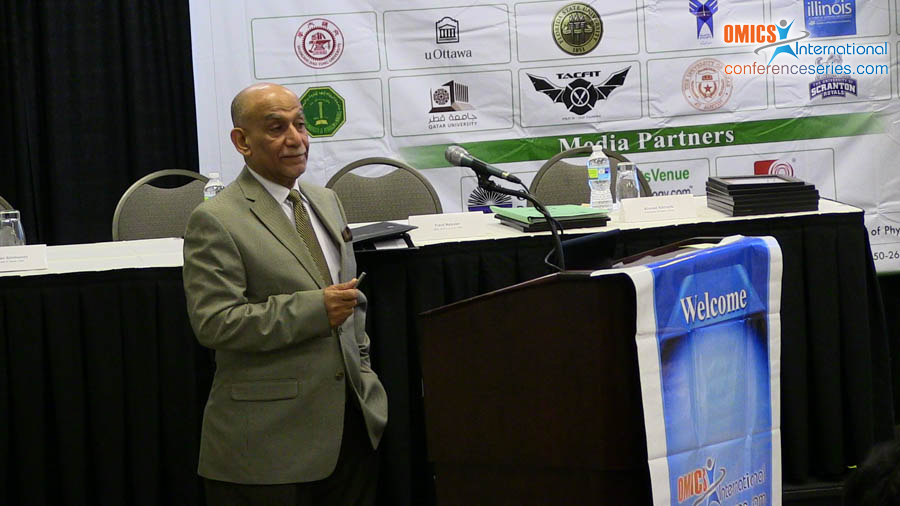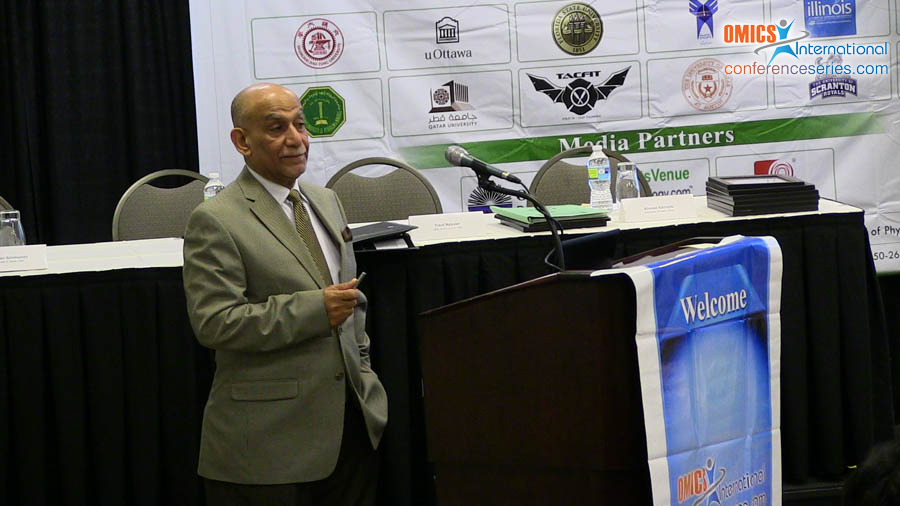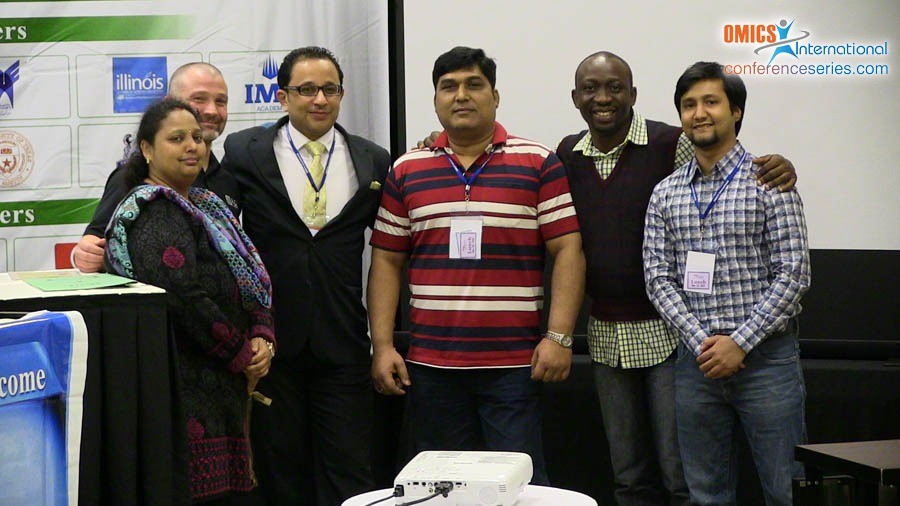
Abdulaziz Almustafa
University of Dammam, Saudi Arabia
Title: The effects of three levels of contextual inference among athlete children
Biography
Biography: Abdulaziz Almustafa
Abstract
The purpose of the present study was to investigate the effects of contextual interference CI by extending previous laboratory and field research with athlete children through the acquisition and transfer phases. Male children (n=60) were chosen randomly from Eastern Province Clubs. They were assigned to complete either blocked practice, random practice, or serial practice. Analysis of variance with repeated measures MANOVA indicated that, the results support the notion that acquisition under blocked practice facilitated learning in children . There were significant differences in the acquisition phase, children under blocked practice demonstrated greater mean scores and less variability than the random and serial practice groups. During the transfer phase , children showed no significant differences in performance between blocked, random, and serial practice conditions. This is contradictory to contextual interference effects, but supports the hypothesis of this study; that the performance in sport settings is totally different from laboratory and simple movement skill in field research. Thus, the present support the suggestions by Battig, 1979; Shea& Morgan , 1979 ; Almustafa, 1989; 1994;1999 , that enhance learning by following contextual interference effects, but not for children in the field with complex learning environments on transfer phase.




